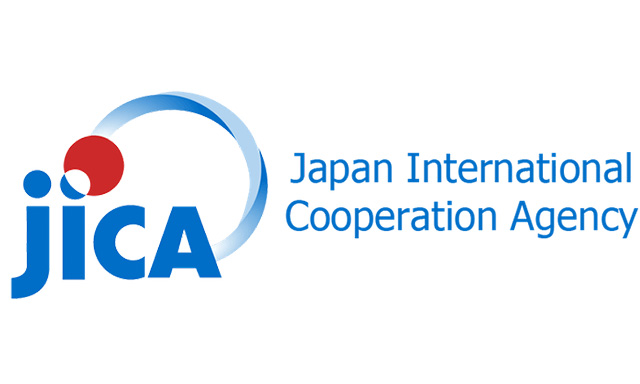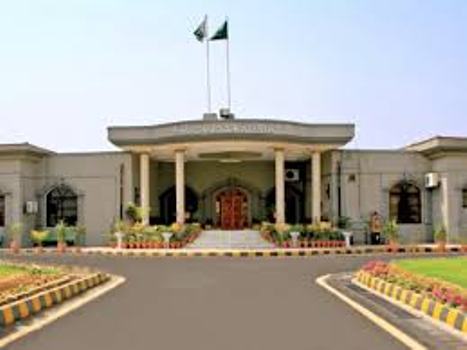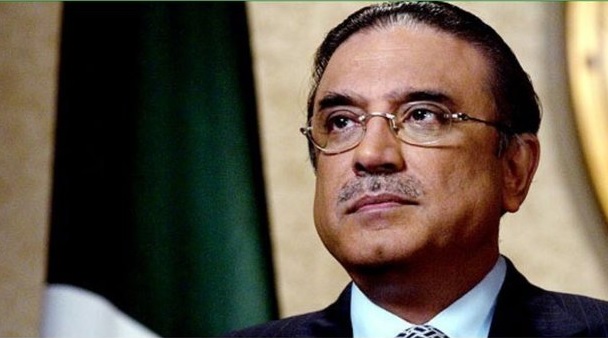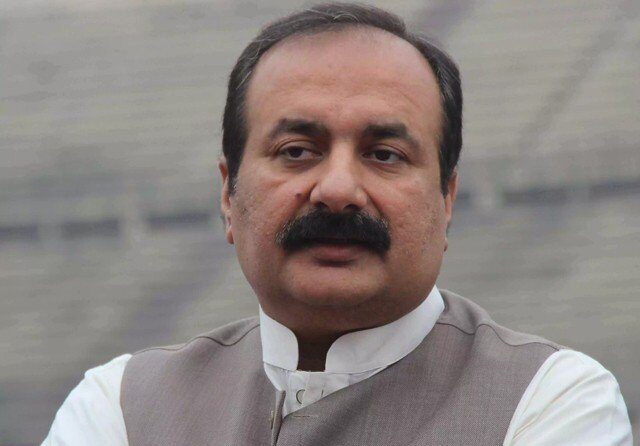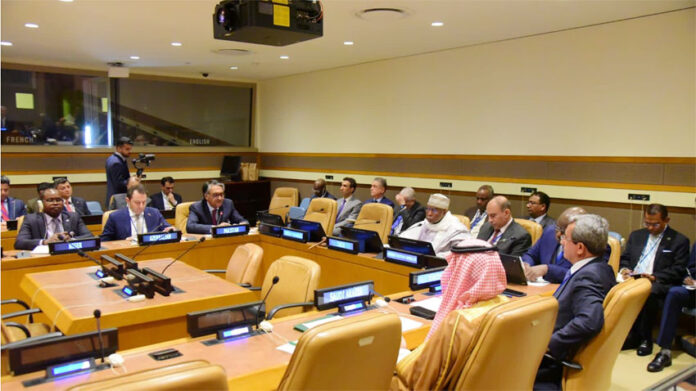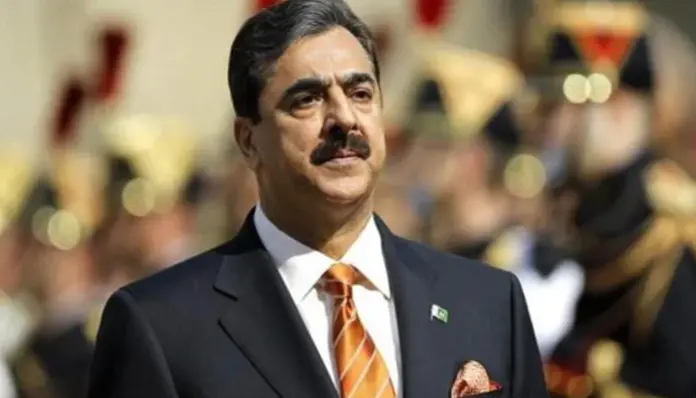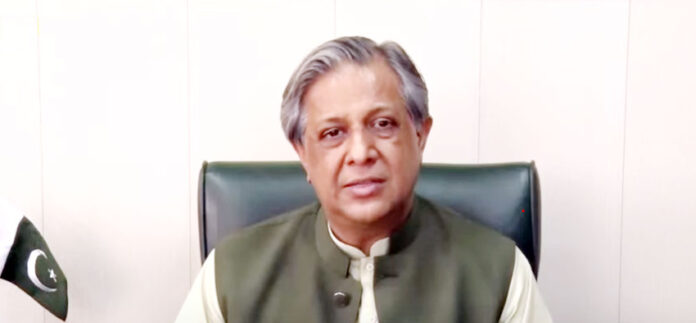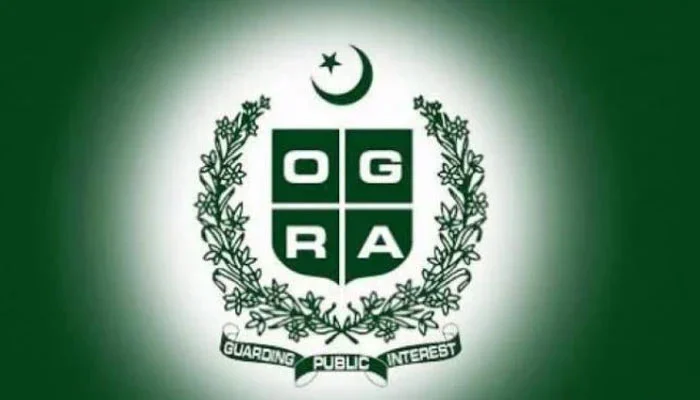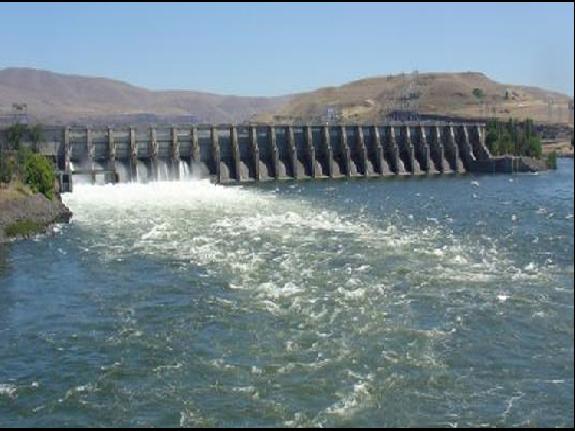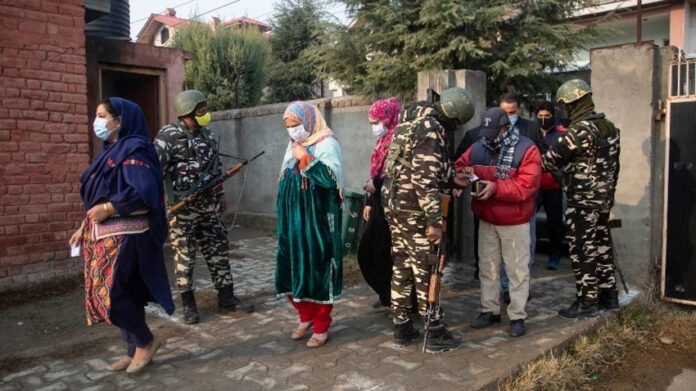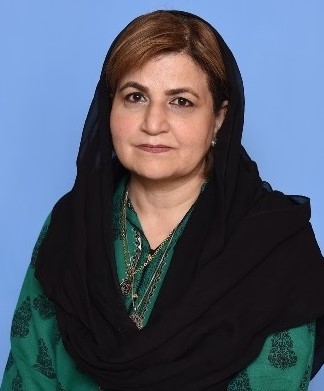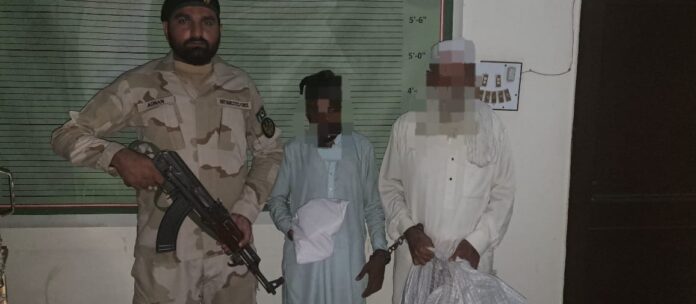ISLAMABAD, Oct 22 (APP):The air quality of the federal capital has started deteriorating with advent of fall season that left the ambiance murky with increasing pollution, dust and vehicular emissions raising alarm bells for smog risk.
The federal capital since 2018 started witnessing smog onset after the start of winters that left the city’s air quality unhealthy and hazardous during peak days recording beyond permissible ratio of air pollutants.
This year would embrace the sixth season of deadly smog in the federal capital, whereas the only environmental watchdog Pakistan Environmental Protection Agency (Pak-EPA)’s National Laboratory mandated to record the ratios of different gases and pollutants level in the atmosphere has not been sharing any air quality data since August.
According to the IQAir, US-based air quality monitoring company that also provides tech-based air quality monitoring and purifying solutions, the Air Quality Index (AQI) or ambient pollutants’ ratio in the air quality showed Islamabad’s air as unhealthy with US AQI of 176 (96 microgrammes per cubic meter) which was more than twice the National Environmental Quality Standards (NEQS) of 35 microgrammes per cubic meter and 19.2 times more than the WHO annual air quality guideline value.
It had identified particulate matter of 2.5 microns (PM2.5) as the main pollutant, which is a health hazardous air contaminant, 11 times smaller than a human hair strand.
According to the IQAir, persons with health complications like heart diseases, hypertension, also elderly and young kids should avoid prolonged outdoor visits, physical exertions and wear a mask to prevent direct impacts of air pollution.
When contacted, the EPA officials remained unavailable for their official version on the matter.
Abdullah Malik, a banker working in Aabpara told APP that his daily travel to office is a sensational ordeal as at one hand he enjoys the lush green beauty of the federal capital and simultaneously on the other side inhales bad air that is clearly palpable as he felt heavy breathing and coughing while travelling. He said the vehicular traffic during the routine and peak hours was increasing in the federal capital with no decline in number and also the emissions that are equally rising as the sky remains murky from morning till evening.
A senior pulmonologist at the Pakistan Institute of Medical Sciences (PIMS), Doctor Zia ul Haq said respiratory diseases during winters surge due to dry and cold air.
He added that the dry and cold air also damages the respiratory tract, causing infection and damaging the breathing organs.
Pulmonologists usually advise the elderly above 50 or patients with chronic heart, kidney, and lung diseases to get the flu vaccine during the extreme winter season to avoid respiratory diseases.
Pulmonologists advised avoiding unnecessary outdoor visits during the evening and morning timings of cold weather. In case of an emergency outdoor visit, people should properly cover their faces and eyes by wearing face masks and coverings. It is necessary to ensure the intake of warm fluids, such as warm water and hot tea, etc. to control damage to the respiratory tract amid bad weather and air quality.
مضمون کا ماخذ : بونانزا
